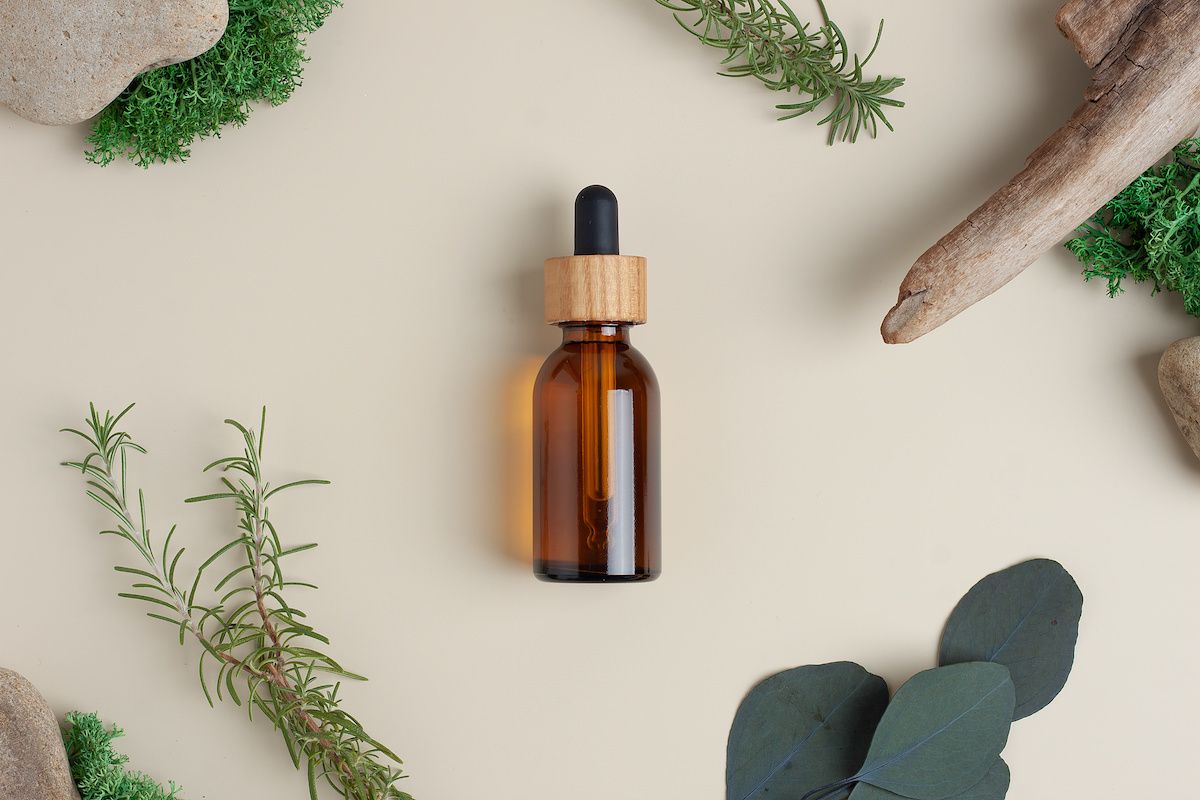
Sustainable skincare is more than just a trend; it's a commitment to both your skin and the planet. But what exactly makes skincare sustainable? Sustainable skincare focuses on using eco-friendly ingredients, ethical sourcing, and minimal packaging to reduce environmental impact. This approach not only benefits the Earth but also ensures that your skin receives the purest, most natural care possible. From biodegradable packaging to cruelty-free testing, sustainable skincare brands are setting new standards in the beauty industry. Curious about how you can make your skincare routine more eco-friendly? Here are 25 facts that will help you understand and embrace sustainable skincare practices.
What is Sustainable Skincare?
Sustainable skincare focuses on eco-friendly practices, from ingredient sourcing to packaging. It aims to reduce environmental impact while promoting healthy skin.
-
Natural Ingredients: Sustainable skincare often uses natural ingredients like aloe vera, chamomile, and green tea. These ingredients are biodegradable and less harmful to the environment.
-
Eco-Friendly Packaging: Brands use recyclable, biodegradable, or reusable packaging. Glass bottles, aluminum tins, and paper-based materials are common choices.
-
Cruelty-Free Testing: Sustainable skincare products are not tested on animals. This practice ensures ethical treatment of animals and aligns with eco-friendly values.
-
Ethical Sourcing: Ingredients are sourced responsibly, often from fair-trade suppliers. This supports local communities and ensures sustainable farming practices.
-
Minimalist Formulas: Products contain fewer ingredients to reduce potential allergens and environmental impact. Simple formulas often mean fewer preservatives and synthetic chemicals.
Benefits of Sustainable Skincare
Switching to sustainable skincare offers numerous benefits for both your skin and the planet. Here are some key advantages.
-
Reduced Chemical Exposure: Natural ingredients mean fewer synthetic chemicals on your skin. This can reduce irritation and long-term health risks.
-
Lower Carbon Footprint: Eco-friendly practices in production and packaging help reduce carbon emissions. This contributes to a healthier planet.
-
Support for Ethical Brands: Buying sustainable products supports companies that prioritize ethical practices. This encourages more brands to adopt similar values.
-
Better Skin Health: Natural ingredients often provide better nourishment for your skin. They can improve hydration, reduce inflammation, and promote overall skin health.
-
Waste Reduction: Recyclable and biodegradable packaging helps reduce waste. This minimizes the environmental impact of your skincare routine.
Popular Sustainable Skincare Brands
Several brands have made a name for themselves in the sustainable skincare industry. Here are some you might want to check out.
-
Lush: Known for its handmade, cruelty-free products, Lush uses minimal packaging and natural ingredients.
-
The Body Shop: This brand focuses on ethical sourcing and recyclable packaging. They also have a strong commitment to animal welfare.
-
Burt's Bees: Burt's Bees uses natural ingredients and eco-friendly packaging. They also support bee conservation efforts.
-
Herbivore Botanicals: This brand offers vegan, cruelty-free products with recyclable packaging. They focus on natural, high-quality ingredients.
-
Ethique: Ethique specializes in solid bars to reduce plastic waste. Their products are vegan, cruelty-free, and sustainably sourced.
How to Start a Sustainable Skincare Routine
Starting a sustainable skincare routine is easier than you might think. Here are some tips to get you started.
-
Read Labels: Look for products with natural, organic ingredients. Avoid those with synthetic chemicals and preservatives.
-
Choose Recyclable Packaging: Opt for products in glass, aluminum, or paper packaging. Avoid plastic whenever possible.
-
Support Ethical Brands: Buy from companies that prioritize sustainability and ethical practices. This encourages more brands to follow suit.
-
DIY Skincare: Make your own skincare products using natural ingredients. This reduces waste and ensures you know exactly what's in your products.
-
Use Multi-Functional Products: Choose products that serve multiple purposes. This reduces the number of items you need and minimizes waste.
Challenges in Sustainable Skincare
While sustainable skincare has many benefits, it also comes with challenges. Here are some common issues you might face.
-
Higher Costs: Sustainable products can be more expensive due to ethical sourcing and eco-friendly packaging. However, the long-term benefits often outweigh the initial cost.
-
Limited Availability: Not all stores carry sustainable skincare products. You may need to shop online or visit specialty stores.
-
Greenwashing: Some brands falsely claim to be sustainable. Always research and verify a brand's sustainability claims.
-
Shorter Shelf Life: Natural ingredients often have a shorter shelf life. This means you may need to replace products more frequently.
-
Ingredient Sensitivities: Some natural ingredients can cause allergic reactions. Always patch-test new products to ensure they are safe for your skin.
Final Thoughts on Sustainable Skincare
Sustainable skincare isn't just a trend; it's a commitment to better health and a healthier planet. Choosing products with natural ingredients reduces exposure to harmful chemicals. Brands focusing on eco-friendly packaging help cut down on waste. Supporting companies that practice ethical sourcing ensures fair treatment of workers and respect for ecosystems. Small changes, like using reusable cotton pads or opting for solid shampoo bars, can make a big difference. Remember, sustainability starts with informed choices. By prioritizing cruelty-free and vegan products, you're contributing to a kinder world. Keep an eye out for certifications like USDA Organic or Fair Trade to guide your purchases. Sustainable skincare is about more than just looking good; it's about feeling good knowing you're making a positive impact. So, take these facts to heart and let your skincare routine reflect your values.
Was this page helpful?
Our commitment to delivering trustworthy and engaging content is at the heart of what we do. Each fact on our site is contributed by real users like you, bringing a wealth of diverse insights and information. To ensure the highest standards of accuracy and reliability, our dedicated editors meticulously review each submission. This process guarantees that the facts we share are not only fascinating but also credible. Trust in our commitment to quality and authenticity as you explore and learn with us.


